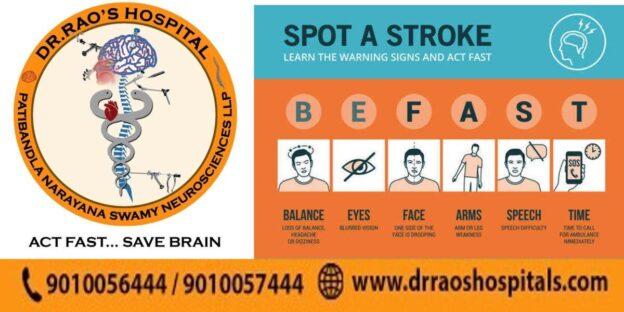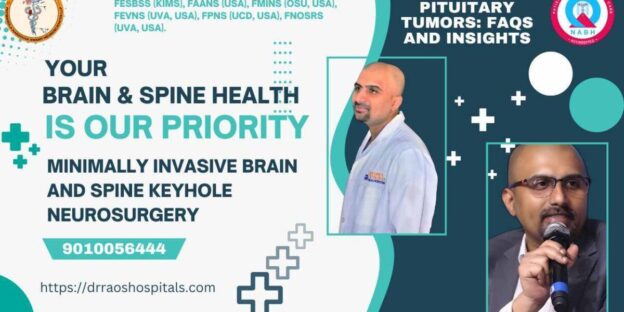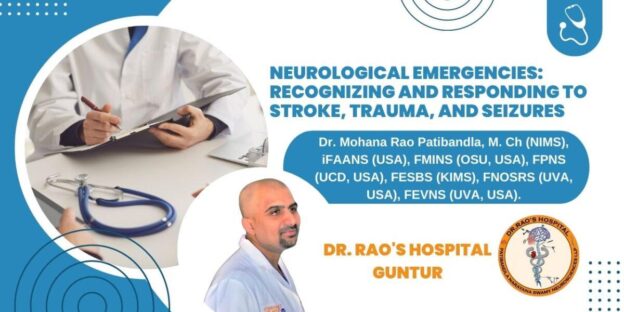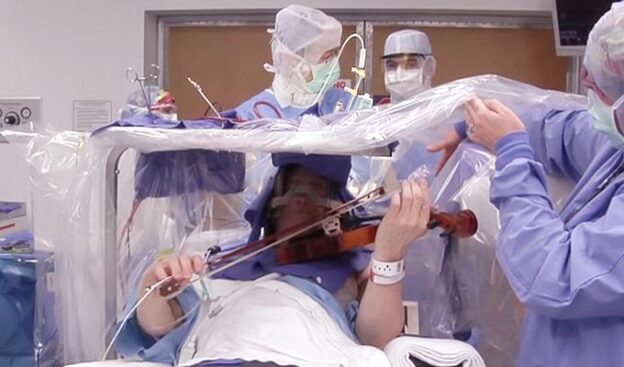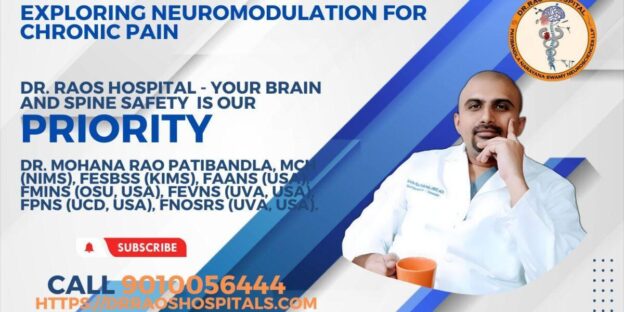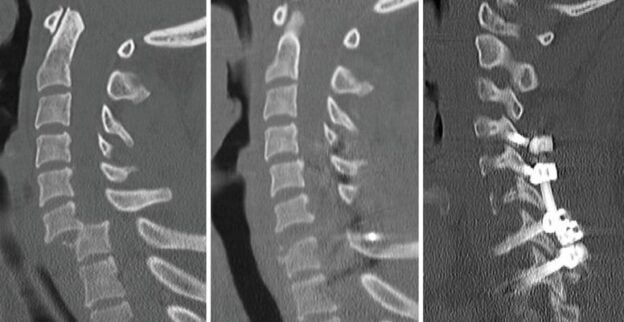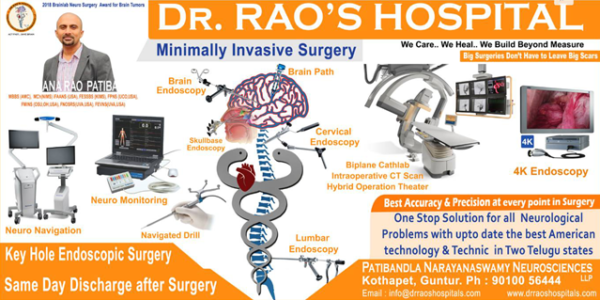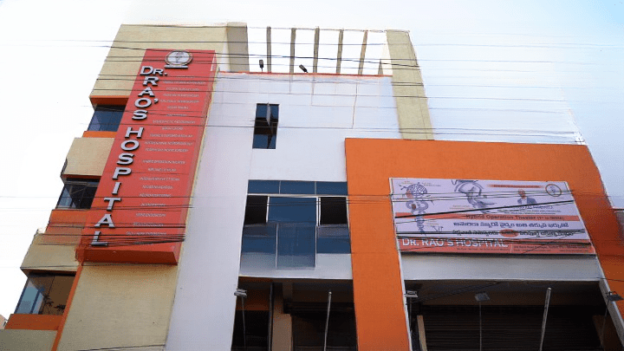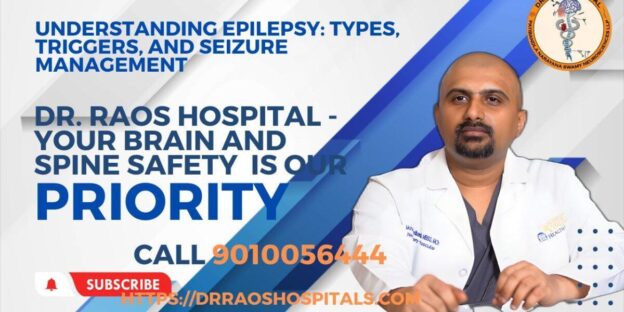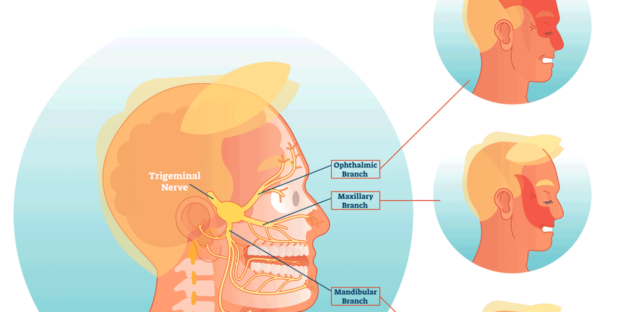Discover the thorough treatment for facial nerve disorders offered by Dr. Rao, the best skull base neurosurgeon, at Dr. Rao’s Hospital. Learn about advanced treatment options and the potential for restoring facial nerve function.
Neurosurgery for Facial Nerve Disorders: Restoring Function and Enhancing Quality of Life
Facial nerve disorders can significantly impact a person’s quality of life, affecting facial expression, speech, eating, and overall self-confidence. Fortunately, advancements in neurosurgery have opened up new possibilities for restoring facial nerve function. At Dr. Rao’s Hospital, recognized as the best neurosurgery hospital in India, patients with facial nerve disorders receive exceptional care from Dr. Rao, a renowned skull base neurosurgeon. In this blog, we will explore the causes, symptoms, and treatment options for facial nerve disorders, highlighting the expertise of Dr. Rao and the comprehensive care available at Dr. Rao’s Hospital.
Understanding Facial Nerve Disorders
The facial nerve, also known as the seventh cranial nerve, controls the muscles responsible for facial movements such as smiling, blinking, and raising eyebrows. Facial nerve disorders can arise from various causes, including trauma, infections, tumors, or Bell’s palsy. These conditions can lead to facial weakness, paralysis, involuntary muscle contractions, or even loss of facial sensation. The impact on a person’s appearance, communication abilities, and emotional well-being can be significant.
Diagnosis and Evaluation
Accurate diagnosis is crucial for determining the underlying cause of facial nerve disorders and guiding appropriate treatment. Dr. Rao, with his extensive experience in skull-based neurosurgery, utilizes advanced diagnostic tools and techniques to evaluate patients with facial nerve disorders. This may include a comprehensive medical history review, physical examination, imaging studies (MRI or CT scans), and specialized tests like electromyography (EMG) to assess nerve function. Dr. Rao’s meticulous evaluation ensures an accurate diagnosis, allowing for personalized treatment planning.
Treatment Options
The treatment approach for facial nerve disorders depends on the underlying cause, severity of symptoms, and individual patient factors. As the best skull-base neurosurgeon, Dr. Rao offers a range of treatment options tailored to each patient’s unique needs. These may include:
Medications
In temporary facial nerve dysfunction cases, medications such as corticosteroids or antiviral drugs may be prescribed to reduce inflammation, relieve symptoms, and promote nerve recovery.
Rehabilitation and Physical Therapy
Physical therapy exercises, facial muscle retraining, and massage techniques can help strengthen and re-educate the facial muscles, facilitating improved control and movement.
Surgical Interventions
In situations where facial nerve damage is significant or irreversible, surgical interventions may be necessary. Dr. Rao specializes in intricate skull base surgeries, including facial nerve decompression, nerve grafting, and nerve transfers. These procedures aim to repair or bypass damaged nerves, restore facial muscle function, and improve facial symmetry and movement.
Microvascular Decompression
In cases where facial nerve compression is caused by blood vessels or other structures, microvascular decompression surgery may be performed. This delicate procedure involves repositioning or removing the compressing element to alleviate pressure on the nerve and restore normal function.
Benefits of Choosing Dr. Rao and Dr. Rao’s Hospital:
Choosing the right neurosurgeon and hospital is paramount when addressing facial nerve disorders. Dr. Rao’s Hospital is renowned as the best neurosurgery hospital in India, offering world-class facilities and a patient-centric approach. Here are some key advantages of choosing Dr. Rao and Dr. Rao’s Hospital: According to The Times of India coverage.
The expertise of Dr. Rao
Dr. Rao’s exceptional skills as a skull-base neurosurgeon make him a leading expert in treating facial nerve disorders. His vast experience and compassionate approach ensure optimal outcomes for patients seeking facial nerve restoration.
Advanced Surgical Techniques
Dr. Rao employs advanced surgical techniques, including minimally invasive approaches and state-of-the-art technology, to perform precise and effective surgeries for facial nerve disorders. These techniques minimize scarring, reduce recovery time, and maximize the preservation of healthy tissue.
Multidisciplinary Team
At Dr. Rao’s Hospital, a multidisciplinary team of experts collaborates to provide comprehensive care for patients with facial nerve disorders. This team may include neurologists, otolaryngologists, physical therapists, and other healthcare professionals who work together to develop personalized treatment plans and ensure holistic care.
Patient-Centered Approach
Dr. Rao and his team prioritize patient-centered care, taking the time to understand each patient’s unique needs, concerns, and treatment goals. They communicate openly, providing detailed explanations and answering questions to ensure patients and their families are well-informed and comfortable throughout the treatment journey.
Rehabilitation and Support
In addition to surgical interventions, Dr. Rao’s Hospital offers comprehensive rehabilitation programs to support patients’ recovery. These programs may include specialized physical therapy, occupational therapy, and counseling services to maximize functional outcomes and enhance overall well-being.
Conclusion
Facial nerve disorders can significantly impact an individual’s quality of life, affecting facial expressions and communication abilities. However, with the advancements in neurosurgery and the expertise of Dr. Rao, there is hope for restoring facial nerve function and improving overall well-being. At Dr. Rao’s Hospital, recognized as the best neurosurgery center in India, patients receive exceptional care, personalized treatment plans, and access to advanced surgical techniques. By choosing Dr. Rao and his dedicated team, patients can regain their confidence, restore facial symmetry, and enhance their quality of life.
#FacialNerveDisorders #Neurosurgery #RestoringFunction #DrRao #DrRaosHospital #SkullBaseNeurosurgeon #BestNeurosurgeryCenter

